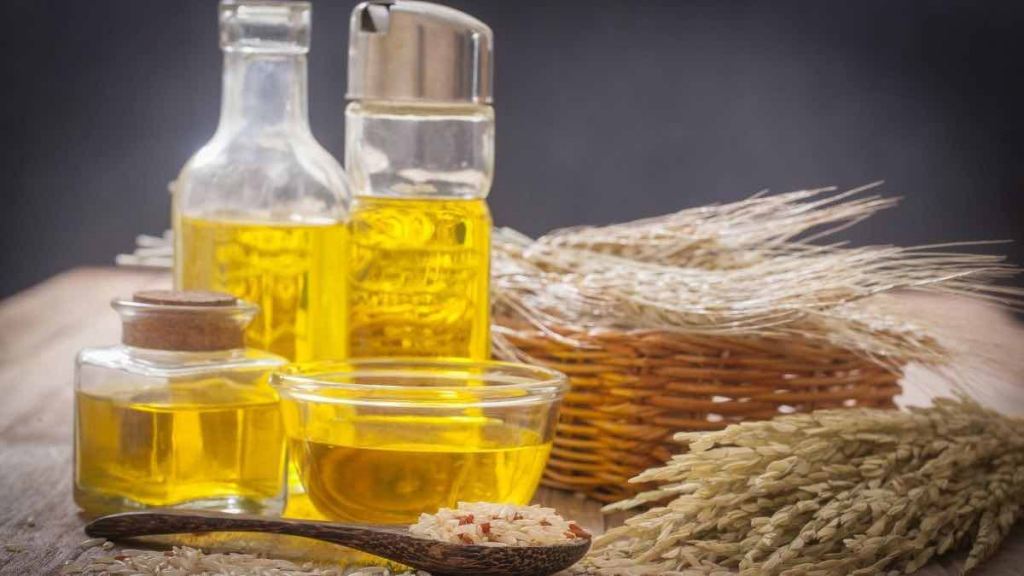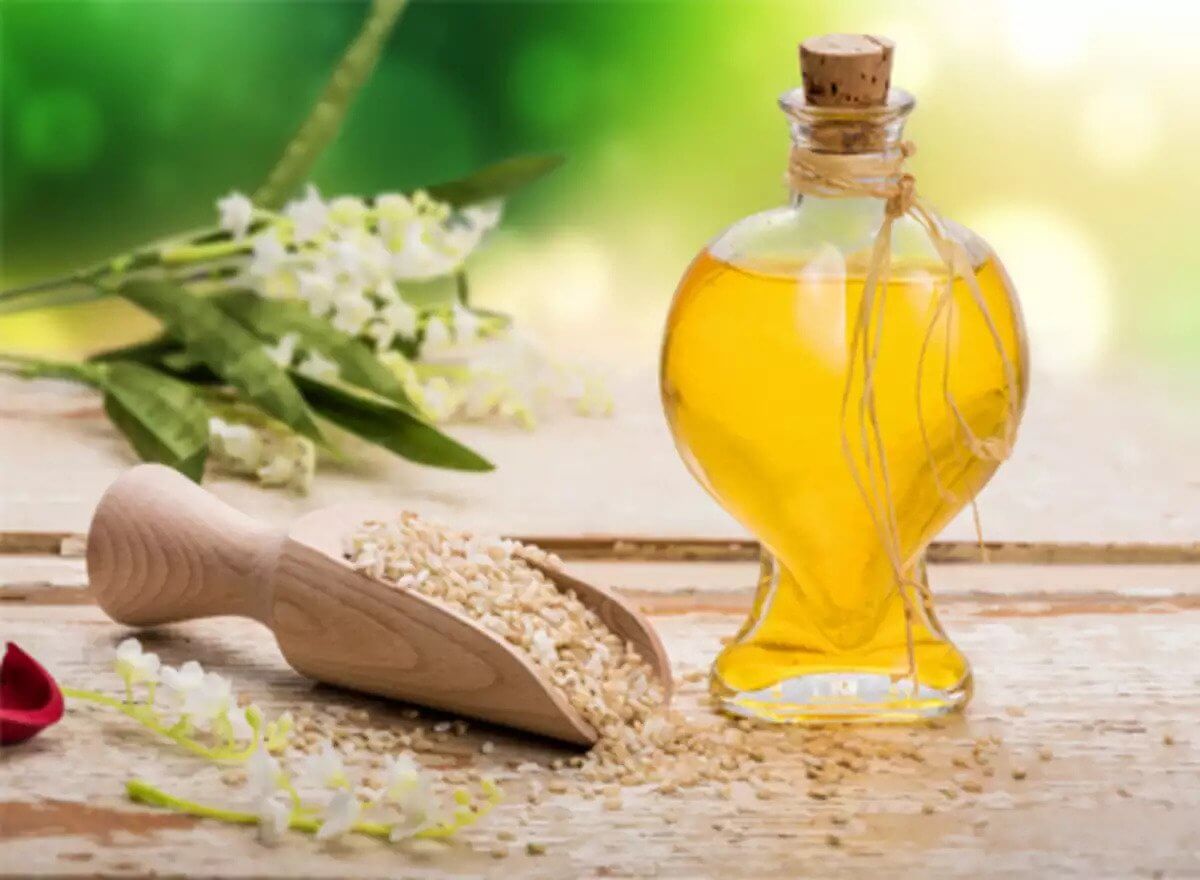Camelina oil is an oil obtained from the seeds of camelina Sativa. Due to its name, it is often mistakenly equated with oil obtained from mushrooms. Rice oil is obtained by cold pressing the seeds. The seed lychee is one of the oldest oilseeds cultivated in Poland. You can also meet her called rydz, flax, judra, ryżyk, rydzyk or flax. But in recent years, the oil of the candle has been forgotten, and its valuable values mean that its popularity is growing again.
Rice oil is a source of vitamins and valuable omega-3 fatty acids, antioxidants, and other active substances. So what nutritional values does it have, what health properties does it have, and how can it be used in the kitchen?
Composition of blackberry oil
oil Nearly 90% of the oil is composed of unsaturated fat acids. About 50% of them are polyunsaturated fatty acids, 40% of which is alpha-linolenic acid (omega-3 family). Only 7% of the fatty acids are saturated fatty acids. It’s a great source of vitamin E, the so-called “vitamins of youth.”
Health properties of rice
Oil, the rice oil, has earned the name of the “forgotten treasury of omega-3 fatty acids” for a reason. It’s a good source of alpha-linolenic acid, i.e., an essential precursor for omega-3 fatty acids.
Therefore, the health properties of rice oil are closely related to the role played by the omega-3 KT in the body. Rice oil lowers the risk of cardiovascular disease (CHUK). It prevents and inhibits the development of ischemic and coronary heart disease. It decreases the chance of having strokes and heart attacks. It normalizes blood pressure and has an ant atherosclerotic effect. It inhibits the formation of atherosclerotic processes and prevents the adhesion of platelets (thrombocytes). It acts as an anticoagulant and reduces the susceptibility of platelets to clumping.
It can prevent it from developing type 2 diabetes. Insufficient polyunsaturated fat acids are linked to a rise in insulin resistance.
It has a positive effect on the lipid profile by lowering the concentration of triglycerides, inhibiting their resynthesis in the liver and small intestine, and increasing the concentration of HDL (High-Density Lipoprotein) cholesterol, i.e., “good” HDL cholesterol.
It has anti-inflammatory and anti-allergic properties. It inhibits too high immune response and reduces the severity of inflammatory processes.
It helps maintain the proper condition of the skin and supports the treatment of diseases such as atopic dermatitis, acne, and eczema. It takes care of the proper condition and function of the skin by building its layers. It reduces the chance of developing cancer in the prostate, colon, or breast. Reduces the risk of chronic inflammatory diseases, e.g., Crohn’s disease, rheumatoid arthritis, lupus erythematosus, psoriasis, migraines, juvenile idiopathic arthritis, ulcerative colon.
It prevents obesity by inhibiting lipogenesis, reducing appetite, and increasing the feeling of satiety after consumption.
It has anti-neurodegenerative effects, which reduce the risk of cognitive disorders, Parkinson’s disease, Alzheimer’s disease, and dementia.
It affects prenatal development. It prevents premature birth and miscarriage. It influences the higher birth weight of the baby and the proper maturation of the nervous system and the brain of the fetus. Responsible for the proper development of behavioral functions, speech, and eyesight.

Rice oil is also a valuable source of vitamin E, i.e., tocopherols, which:
– are strong antioxidants, destroying oxygen free radicals,
– protect cells against oxidative stress, and vitamin A and polyunsaturated fatty acids against harmful oxidation processes,
– stabilize cell membranes in the body,
– regulate the biological activity of immune cells,
– inhibit the aggregation of platelets,
– protect the body against neoplastic processes,
– prevent inflammatory processes, coronary heart disease, and atherosclerotic changes,
– help maintain the proper functioning of the reproductive system of women and men, thanks to which they have a beneficial effect on fertility.
Use of Rice
Oil in the Kitchen. Blackberry oil should be consumed cold. It is an ideal addition to salads, bread, and cheese. It used to be used in the preparation of herring in oil with the addition of onions and spices. Cold-pressed oil cannot be used for thermal processing.
Interesting facts about blackberry oil
A phallic seed grows wild and has low soil requirements. Formerly, it grew in places where other crops could not grow. When farms were in poverty and the availability of meat and animal fat was negligible, safflower oil was an easily available and high-energy food. Hence the saying “better Prydz than nothing.”




